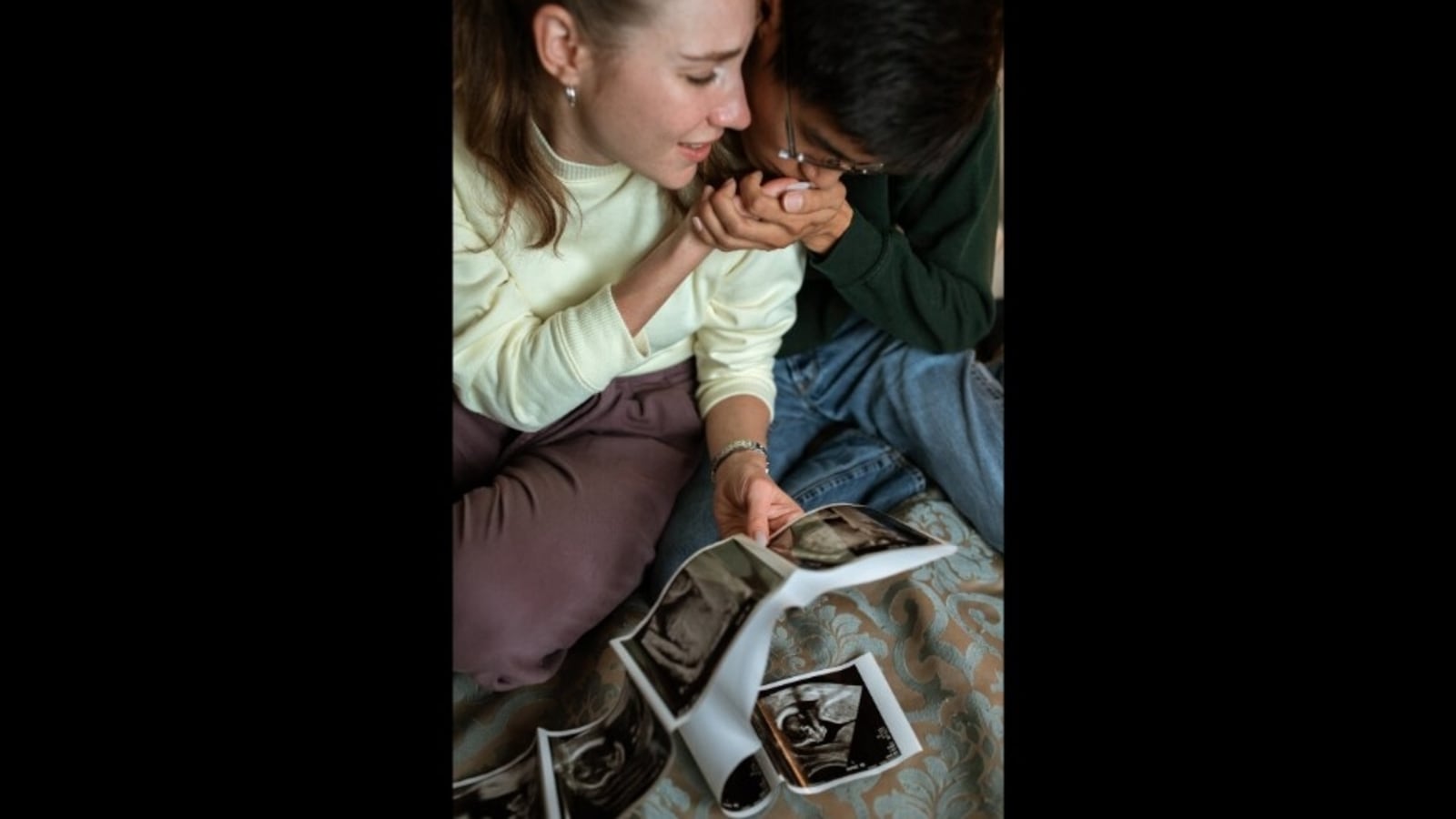[ad_1]
Several methods have been highlighted by fertility specialists where couples who want to have children can improve their odds of using contraception after turning 30. We are all aware that a woman’s fertility can decrease as she gets older as women are born with a fixed number of eggs and as they get older, both the quantity and quality of these eggs decrease however, it’s important to keep in mind that while fertility problems are typically thought of as a female health concern, male variables like low sperm count and mobility can also have an impact on a couple’s ability to conceive.
In an interview with HT Lifestyle, Dr Shobha Gupta, Medical Director and Infertility Specialist at Mother’s Lap IVF Centre in New Delhi and Vrindavan, revealed, “The amount of sperms carried by the average guy today is roughly half that of forty years ago and the majority of sperm does not naturally get very far into the female reproductive system.”
If there are no physiological issues, lifestyle factors may also be involved and these may include having a weight problem or abusing alcohol. Dr Shobha Gupta shared her top advice for boosting fertility, which includes when to have sex and how much junk food to consume:
In general, avoiding junk food is a great idea, especially if you’re trying to conceive. Changing your nutrition is a crucial component of getting your body ready to have a body. Dr Shobha Gupta revealed, “The best method to prepare your body for conception is to have a nutritious diet with plenty of fruit and vegetables, complex carbohydrates, protein and good fats.” This is essential for both men and women because eating carrots helps women avoid anaemia during pregnancy and elements like zinc have been shown to boost sperm quality.”
It should come as no surprise that stress affects your chances of becoming pregnant because if you needed another thing to worry about, stress is the cause of many illnesses and discomforts. Your brain’s hypothalamus, which controls your hormones and menstrual cycle, can be impacted by stress. It can result in you ovulating later than normal or not at all. Do think about relaxing and removing yourself as much as you can from situations that make you anxious by using natural stress-reduction techniques like Yoga or meditation.
Pregnant women are advised to refrain from using tobacco products, drinking alcohol and eating a lot of non-vegetarian foods. It’s important to note that abstaining from these prior to conception will increase your chances of getting pregnant. Dr Shobha Gupta recommends women to limit their alcohol consumption to no more than two drinks per day because doing so can alter their oestrogen levels and decrease the amount of eggs they still have. Reducing caffeine consumption is also worth considering if you drink a lot of tea and coffee as high levels of caffeine have been linked to reduced oestrogen levels which can prevent ovulation and reduce your chances of conceiving. Ejaculated sperm enters the cervical mucus fast, aiding its passage through the reproductive system. For hundreds of sperm to prepare the path for the “survival sperm” to fertilise the egg, millions of sperm must access the cervix. However, less than 1% of sperm reach the egg in the absence of assistance. You can change and try the different positions or alternately, you can pull your legs up upside down to ensure that the sperm remains inside after having sex.
According to studies, couples who have sex at least every other day have a higher probability of getting pregnant than couples who don’t. “Make sexual activity enjoyable rather than a chore. Timing is important because even in women with regular cycles, the reproductive peak might change” said Dr Shobha Gupta.
- START SEEKING PREGNANCY EARLY
Your odds of a simpler conception increase the earlier you begin trying to conceive in your 30s. There is also an increased likelihood of miscarriage as a result of the declining egg quality and quantity. As many of their friends and family members have already started a family or are about to do so, women in their 30s may also experience extreme anxiety when it comes to having children. Many medical practitioners notice that these women experience significant mental stress prior to pregnancy. Early conception attempts reduce this strain because the eggs are of higher quality and there are fewer social demands.
- SEE YOUR DOCTOR FOR ADVICE IF YOU HAVE NOT CONCEIVED AFTER SIX MONTHS.
There may be physiological issues at play in some situations. Due to disorders including polycystic ovarian syndrome (PCOS), hormonal issues, early menopause, fallopian tube obstruction, or structural abnormalities in the uterus, some women fail to ovulate. Endometriosis and uterine fibroids, which can both impact fertility are more common in older women. Your partner could possibly be the source of the issue. Male infertility can result from sperm deficiency, sperm abnormalities, or problems with sperm migration. Semen quality can also be affected by issues with the testicles brought on by trauma, cancer, surgery, obstruction or infection. Some men may also have issues with ejaculation or not create enough hormones to form sperm. Your GP can perform a few quick tests and, if necessary, refer the two of you to an infertility specialist.
[ad_2]
Source link


